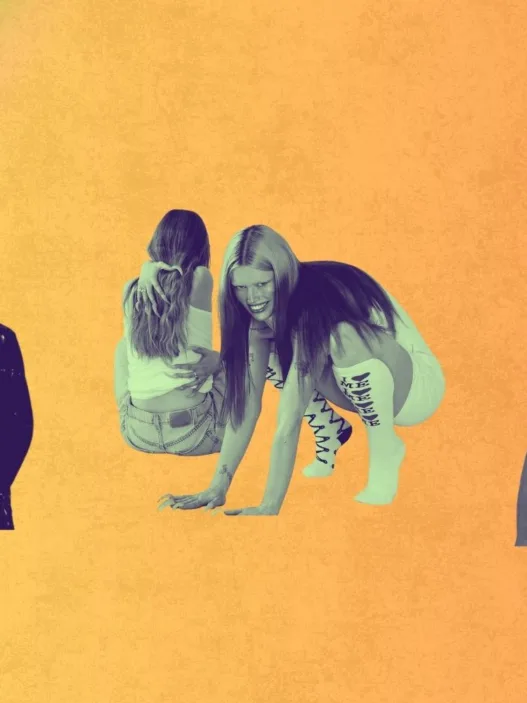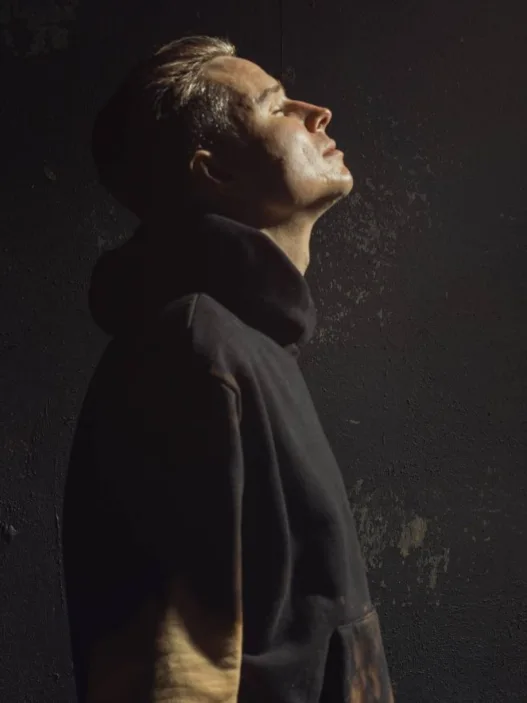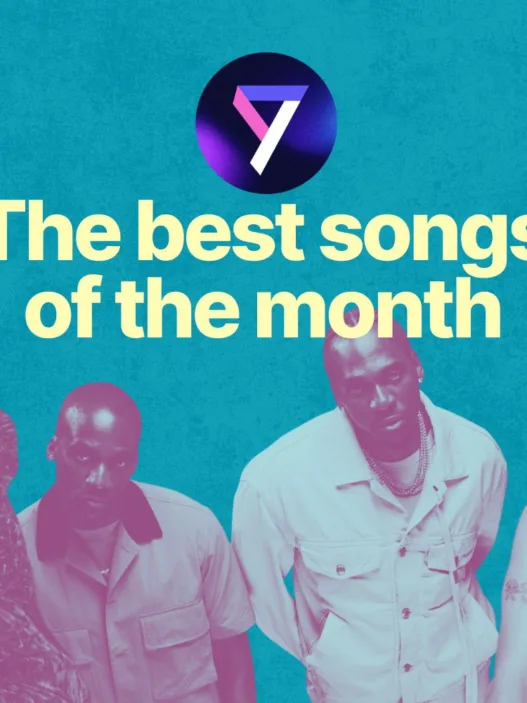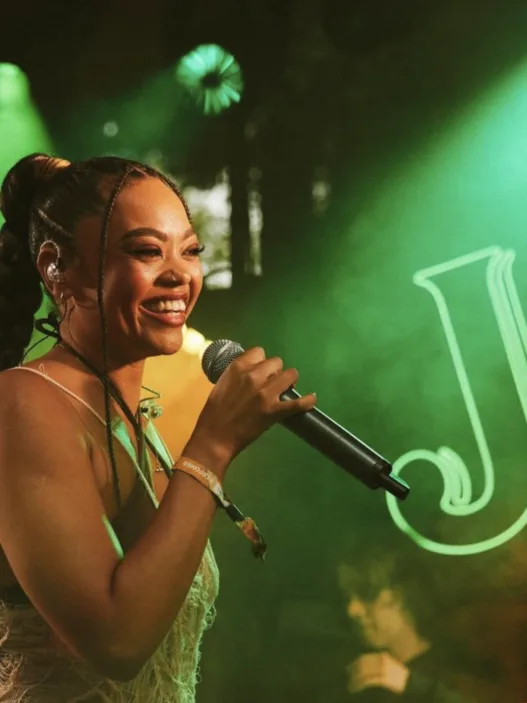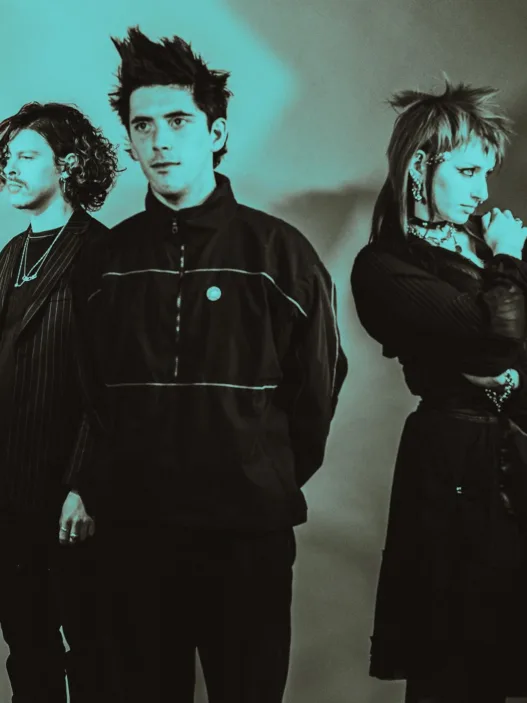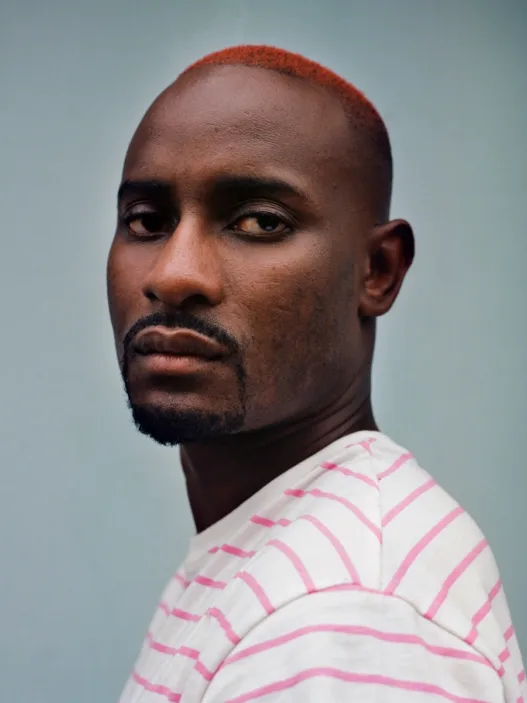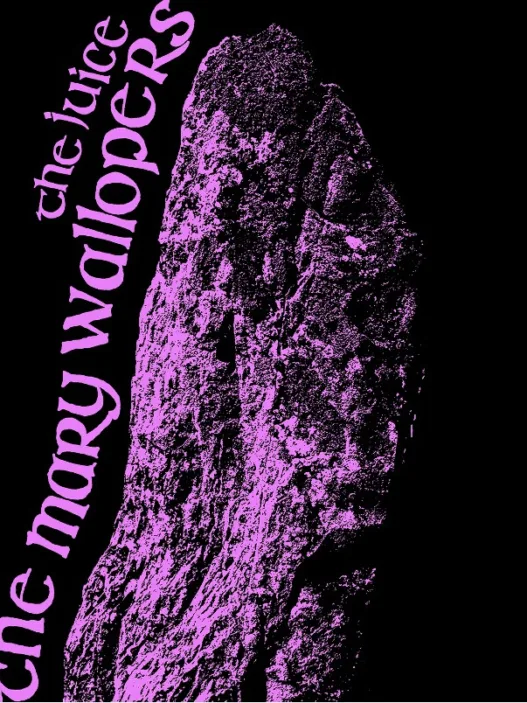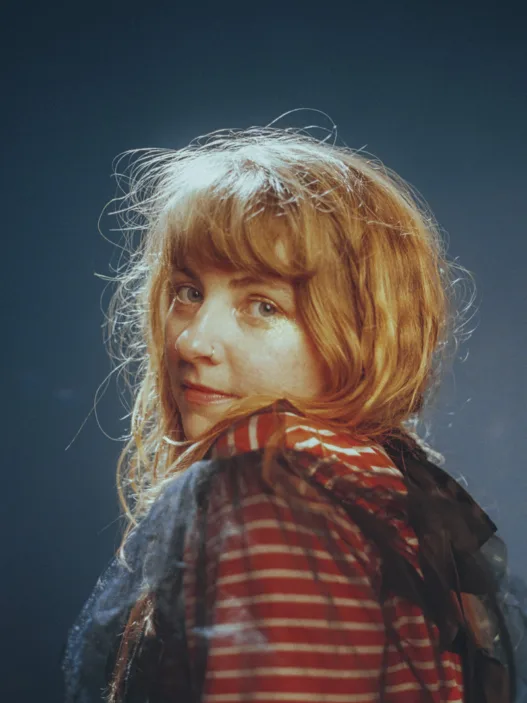Of all the things that musicians have to deal with, from record deals to publishing to managers to touring, it’s their own personal welfare that often gets pushed to the periphery. Artists who are pursuing a full-time creative career are willing to go without food, job security, financial stability, normal working hours and stable personal relationships.
While the conversation about mental health is opening up in music, it’s been too late to impact some high-profile artists. Mental health struggles contributed to the recent passings of artists like Aviici, Linkin Park’s Chester Bennington, Chris Cornell and Dolores O’Riordian. It is a problem that has always been in music, from Whitney to Amy and back through the rock’n’roll era where mental health issues were more commonly masked by drugs or destructive behaviour.
Even this morning, the news came that Frightened Rabbits’ singer Scott Hutchison has died with family and friends saying he was in a poor mental health place. It’s an almost weekly event. An all-too common thing to break on social media.
In the UK, an organisation called Help Musicians, recognising that a career in music is taxing on health, was recently set up to address the mental fitness of musicians, and there’s early plans for some mental health help for musicians in Ireland in the near future too. First Music Contact is working with clinical professionals from the UK and Ireland, along with Help Musicians to produce a series of Mental Health Check in Sheets for musicians and those who work in the music industry.
Nationally, artists like Bressie are talking openly and encouragingly about mental fitness, while Sinead O’Connor has had a very public battle with her own well-being. Meanwhile, those who aren’t known to the public are absolutely struggling with their own issues, away from the public.
So why do would you put yourself through such a precarious lifestyle in the first place? One answer, albeit a simplified one, is because music is therapeutic. It’s a nourishing thing to create and make. But the practicalities of being a working musician, especially an independent one, in today’s landscape isn’t easy.
 Joe Panama performing at Other Voices 2015.
Joe Panama performing at Other Voices 2015.
Music as therapy
“Music comes with a lot of the same emotional stresses as anything else but it can also comes with much greater emotional relief than anything else I’ve done,” says musician Joe Panama who was formerly with the band Overhead, The Albatross.
“I was bullied in school and music was something I could disappear into. I met two of my closest friends through playing shitty covers in each other’s houses and eventually trying to record our first demo. That was effectively therapy when I look back on it. My mental health was never better than trying to solve a musical problem or writing with the lads and making loads and loads of noise.”
A recent University Of Westmininster study called Can Music Make You Sick? which polled 2,200 people in the industry found that musicians are three times more likely to experience depression yet only a third said they would seek help.
Selfmade
Galway musician Julie Hough of the band HAWK found herself overwhelmed in the pursuit of her music career while living in London a few years ago, heightened by the lack of structure in trying to make it as a working musician.
“I pretty much denied that I needed to address it at first,” Hough shares. “But I remember one day, looking at my ‘to-do’ list and feeling too overwhelmed to even do the first thing on it: ‘Go to bank.’ I totally broke down and was really troubled by my reaction afterwards.
“I understood that I needed to start working towards more structured goals than making music and ‘putting it out there’, and to accept that there were aspects to the music job that would be ‘unknown’ probably for a long time, and that this was okay.”
Most bands starting out have to do all the admin and management themselves like most startups and it can have a creeping and crippling effect on your well-being.
“This work has little place in the final product – in music, shows, and articles,” Hough says. “Of course, it doesn’t make good PR to talk about social media strategies. But I think a lot of bands believe they aren’t allowed to admit publicly the level of work they put in, never mind to celebrate that work. We just don’t talk about it. It ends up creating a false idea that bands have been snapped up out of thin air, because of sheer talent.”
“Financial strains are a big one,” says Panama, “A lot of the pressure comes from how precarious that arrangement is. It’s possible to thrive within that lifestyle, but when your entire life is ad hoc and your mind is wobbly enough as it is, that can be very difficult.”
“It can be really difficult to convey the nature of pursuing music to your friends and family,” explains Hough. “The minute I started to talk to other artists about this, I started to feel more at ease and less isolated.
Hough is among the organisers of an event called SelfMade, the next one takes place on June 9th in Dublin. Their first event in February, included a panel on “the realities of getting a music project off the ground” which explored issues of mental strain, funding and image.
“A lot of what motivates SelfMade is to see the reaction of this on a larger scale. We have so much shared knowledge and experiences as artists, and if we can’t discuss the most arduous aspects of the job in public, then we can at least come together to explore this and celebrate in a safe space.”
Panic attacks and anxiety
According to the Westminster Study, Over 70% of musicians have experienced panic attacks. Performing in public and self-expression can bring out its own issues. Le Galaxie’s Michael Pope is aware of his anxiety and does his best to deal with it, but pre-gig nerves are a part of a musician’s life but they can lead to difficult situations to cope with.
“Anticipation and nervous excitement before shows is a totally healthy part of my life as a musician,” he says. “Sure, I might be fidgety or uncommunicative in the hours up to a show but when you step out on stage, that energy is adapted and transformed into exhilaration. It’s the elevated experience of my life. But it was when my mind went beyond that initial feeling that things started to get out of control. It can manifest itself in endless ways, but in the moment you can barely see six inches in front of your face. Your body just sweats fear.”
For Joe Panama, the thought of a gig was enough in itself, as it exacerbated his diagnosed issues. Things were becoming too much.
“There were gigs I absolutely dreaded having to get out of bed for,” says Panama. I considered hurting myself so I wouldn’t have to play a gig in Galway at one point.”
Panama made the tough decision to leave the band in late 2016 to address his mental health issues.
“Things were darker than anyone around me knew,” he says. “In my mind, I was doing the lads the favour of not having to kick me out eventually.”
Michael Pope has learned some tough lessons, particularly related to mental health while touring. It’s a case of being professional and looking after yourself instead of falling into the trap of the played-out rock’n’roll lifestyle of drink and drugs.
“On a string of dates I need to keep my drinking under control as it’s an alien environment,” Pope says. “I know it might sound trivial to some but a disorientating and unsettling hangover is rocket fuel for panic and anxiety. Recreational drugs aren’t part of my life but there will always be a Xanax in my breast pocket when travelling. Sometimes it’s taken. Sometimes it’s not. Either way it makes me feel better. Travelling is tough. Ideally, Le Galaxie would just play exclusively in one Dublin venue and people from different parts of the world would come to see shows. ‘Hey, this Friday is Cork night, bring your Cork passports’. Would that it were so simple.”
Helping your health
Hough says that physical exercise has helped her maintain her well-being along with soliciting advice about the practicalities of the industry from others.
“On top of the obvious fitness benefits, it’s meditative and forces your body to focus on something other than the day-to-day running of things. And you need that headspace, to get your mind around the music industry.”
Joe Panama meanwhile is in regular contact with his counsellor but admits that his mental health, while in better shape, isn’t enabling him to return to music right now. He hasn’t attended a gig he wasn’t playing at since 2015 and he misses writing with other people.
“I don’t know, maybe this is a big letdown to anyone reading this but I threw in the towel,” he says. “I pushed as far as I could push and then it was too much for me. I’m still in treatment for my mental health but I’m in better shape than I was a year ago for sure and I think taking a step back from music is a massive part of the reason.
“Honestly it’s very difficult for me to think about music sometimes. There were times over the last year where I physically couldn’t be in a room if there was music being played. I can’t tell you how scary that can be. So I’m happy to take baby steps.”
If you need to address your mental health, talk to someone, either personally or professionally. Here’s some info on who to contact:
8 Irish organisations that can help you if you are suffering from mental health problems

Niall Byrne is the founder of the most-influential Irish music site Nialler9, where he has been writing about music since 2005 . He is the co-host of the Nialler9 Podcast and has written for the Irish Times, Irish Independent, Cara Magazine, Sunday Times, Totally Dublin, Red Bull and more. Niall is a DJ, founder of Lumo Club, club promoter, event curator and producer of gigs, listening parties & events in Dublin.






